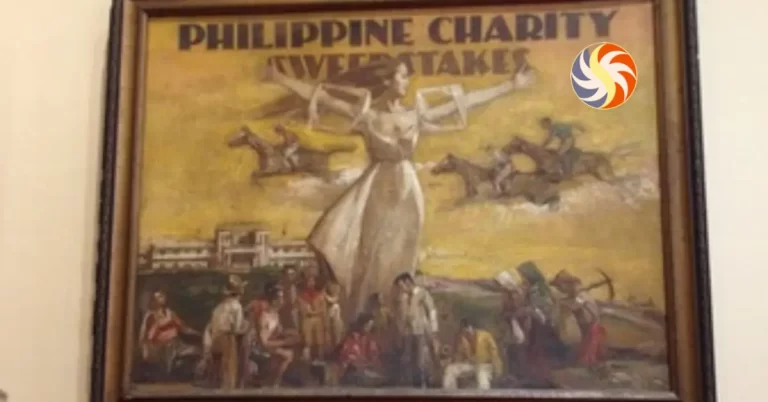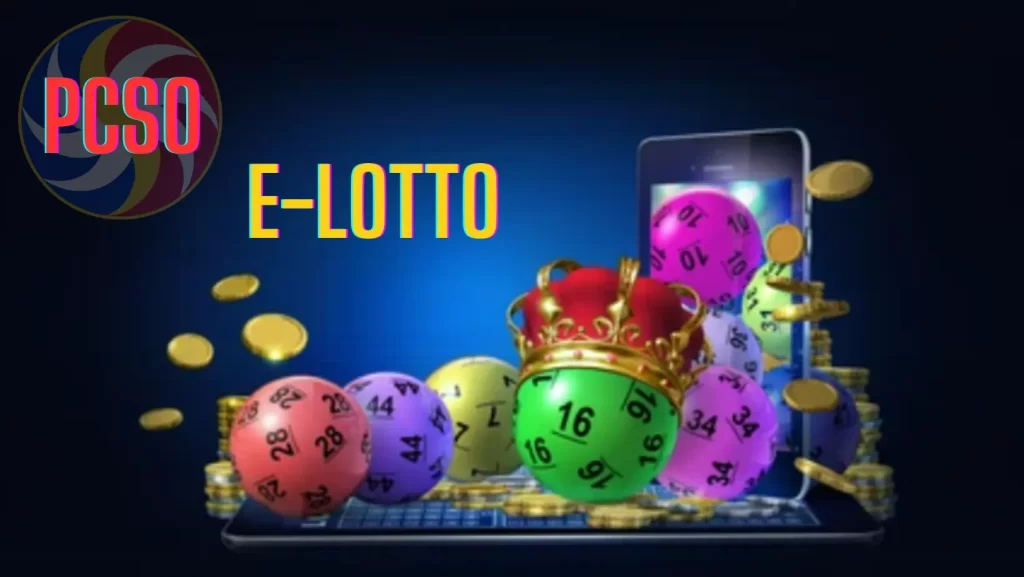Lottery Origins in the Philippines: A Glimpse into the Past
Table of Contents

The History of Lotto in Philippines (1833)
Lotto Origin in Philippines -Lotteries have been an intriguing part of the Philippine heritage for centuries. The history of these games, often associated with luck and fortune, offers a captivating journey through time. Let’s delve into the origins of lotteries in the Philippines, tracing their evolution and significance.
Dr. Jose Rizal: A Remarkable Twist of Fortune (1892)
However, the story takes a remarkable twist, one that underscores the unpredictable nature of lotteries. Dr. Jose Rizal, the esteemed national hero of the Philippines, found himself on the receiving end of good fortune. During his exile in Dapitan, he struck it rich with a substantial ₱6,200.00 win in the 1892 draw.
What’s truly remarkable is how Dr. Rizal, known for his commitment to education and the betterment of society, unhesitatingly contributed his entire winnings to the noble cause of education, leaving an indelible mark. This significant event hinted at the potential of lotteries as a means to support noble endeavors.
Lotto Origin in Philippines Early History
The early history of lotteries in the Philippines, however, was not without its interruptions. The Philippine Revolution led to a temporary halt in lottery operations, but it wasn’t the end of the story. A few decades later, in the early 1930s, the fervor for lottery games was reignited.
The Revival of Lotteries: The Birth of Sweepstakes (1932)
In 1932, the government organized the first-ever Sweepstakes draw, an event that would mark the revival of lotteries in the country. The primary aim was to raise funds for sports projects dedicated to the Filipino youth, facilitated through the Philippine Amateur Athletic Federation (PAAF).
The success of this initial endeavor heralded the resurgence of lottery activities and their potential to contribute to significant social causes.
Lotteries Supporting Noble Causes: The Philippine Anti-Tuberculosis Society
With the momentum building, more lottery draws followed. The Philippine Anti-Tuberculosis Society, which later became the Philippine Tuberculosis Society (PTS), became a beneficiary of the National Charity Sweepstakes. These lotteries evolved into a powerful fundraising tool, supporting initiatives that aimed to combat one of the most critical public health challenges of the time.
As we delve into the history of lotteries in the Philippines, we discover a fascinating journey filled with twists and turns, highlighting the role of these games in contributing to societal betterment. The story of lotteries in the Philippines is not just about games of chance; it’s a testament to the spirit of generosity and the power of luck in making a positive impact on society.
The Evolution of Lotto in the Philippines: Introducing PCSO E-Lotto
Lotto, a game of chance and luck that has captured the hearts of millions, has a rich history in the Philippines. Over the years, it has evolved from traditional paper tickets to a modern, convenient digital platform known as PCSO E-Lotto. Let’s take a journey through the fascinating evolution of lotto in the Philippines, culminating in the digital age.
Traditional Lotto Draws
Lotto made its debut in the Philippines in 1833 through the “Empresa de Reales Loteria Espanolas de Filipinas.” These early lotteries played a significant role in generating revenue for the Spanish Government. However, it wasn’t until the early 1930s that lotto games began to resurface in the country.
In 1932, the Philippine government held the first Sweepstakes draw, with the primary aim of raising funds for sports projects dedicated to Filipino youth. This initiative marked the revival of lotteries in the Philippines and hinted at their potential to contribute to social causes.
Lotto for a Cause
As time passed, the role of lotto expanded beyond revenue generation. Various organizations and charities began to benefit from the proceeds of these games. One notable example is the Philippine Anti-Tuberculosis Society, which later became the Philippine Tuberculosis Society (PTS). These lotteries turned into a powerful fundraising tool, supporting essential public health initiatives.
The Digital Transformation
Fast forward to the 21st century, and lotto in the Philippines has undergone a significant transformation. The introduction of PCSO E-Lotto represents a leap into the digital age. This innovative platform, launched in November 2023, allows players to engage in lotto games online, bringing unprecedented convenience to enthusiasts.
PCSO E-Lotto offers a wide range of lotto games, including popular options like Ultra Lotto 6/58 and Grand Lotto 6/55. Players can create accounts, deposit funds, select their preferred lotto games, pick numbers, or even use the Quick Pick feature to generate random numbers.
Modern Benefits
The benefits of PCSO E-Lotto extend beyond convenience. The platform offers secure transactions, ensuring the safety of players’ financial information. With advanced security measures in place, players can enjoy their favorite lotto games without concerns about data safety.
Moreover, PCSO E-Lotto maintains transparency by displaying draw results on its website and mobile app, providing players with a clear view of the outcomes. The draw schedules align with regular PCSO lotto draws, ensuring players have ample opportunities to participate.
Conclusion
Lotto in the Philippines has come a long way from its origins in the 19th century. What started as a means of generating revenue for the government has evolved into a powerful tool for supporting noble causes, from youth sports projects to public health initiatives.
Today, the introduction of PCSO E-Lotto takes the game to a new level, offering modern convenience, security, and transparency to players. The evolution of lotto in the Philippines reflects not only its storied history but also its enduring relevance in the digital age.
Advertisement
Frequently Asked Questions
Lotteries had their debut in the Philippines in 1833 through the "Empresa de Reales Loteria Espanolas de Filipinas.
Dr. Jose Rizal, the national hero of the Philippines, won ₱6,200.00 in a lotto draw during his exile in Dapitan in 1892. He generously contributed his entire winnings to education, highlighting the potential of lotteries to support noble causes.
The Philippine Revolution led to a temporary halt in lottery operations.
The first-ever Sweepstakes draw aimed to raise funds for sports projects dedicated to Filipino youth through the Philippine Amateur Athletic Federation (PAAF).
The Philippine Anti-Tuberculosis Society, which later became the Philippine Tuberculosis Society (PTS), was one of the charitable organizations that benefitted from lotto proceeds, supporting public health initiatives.








